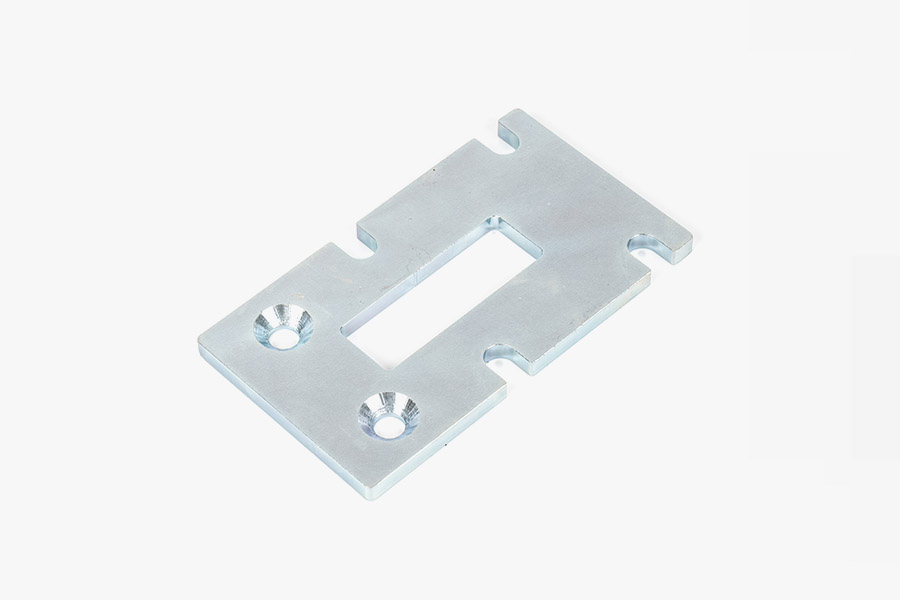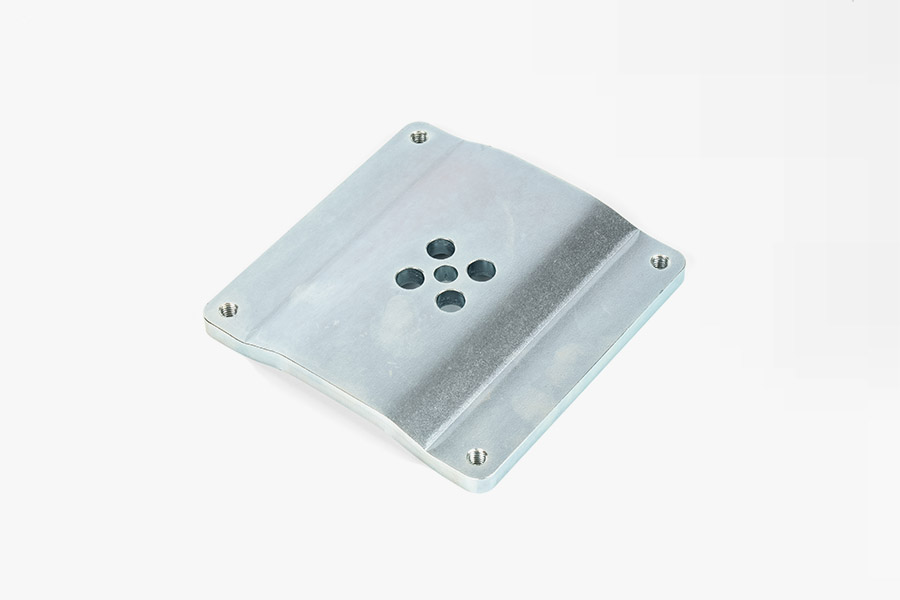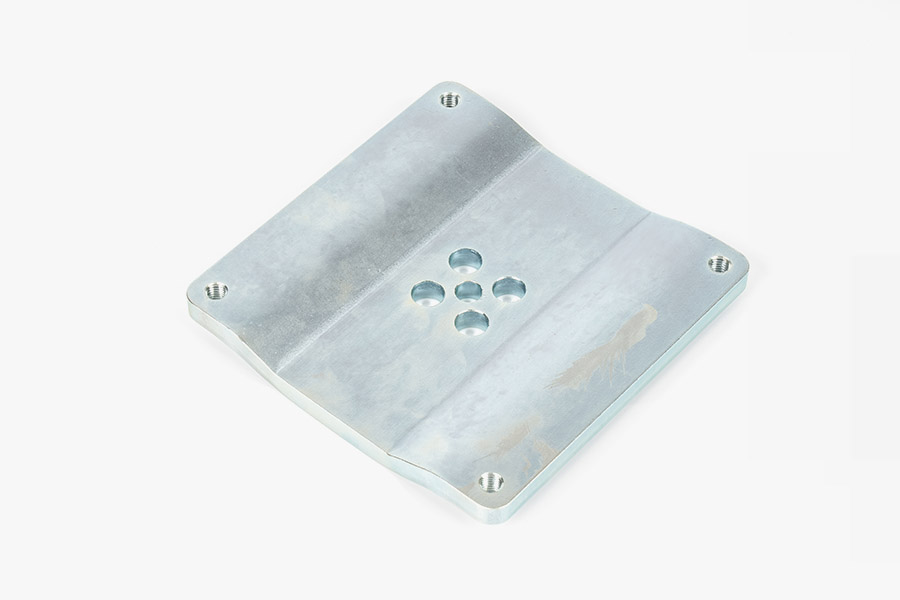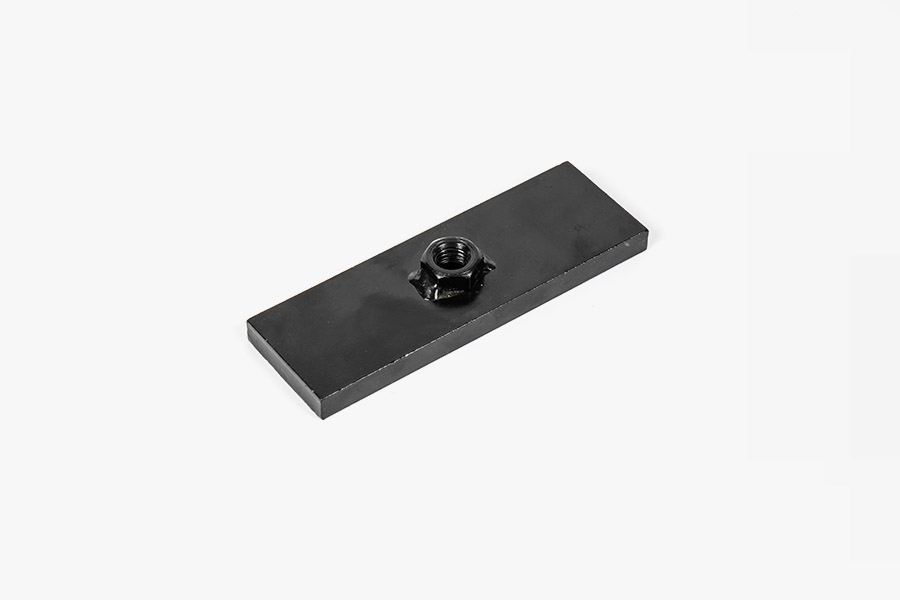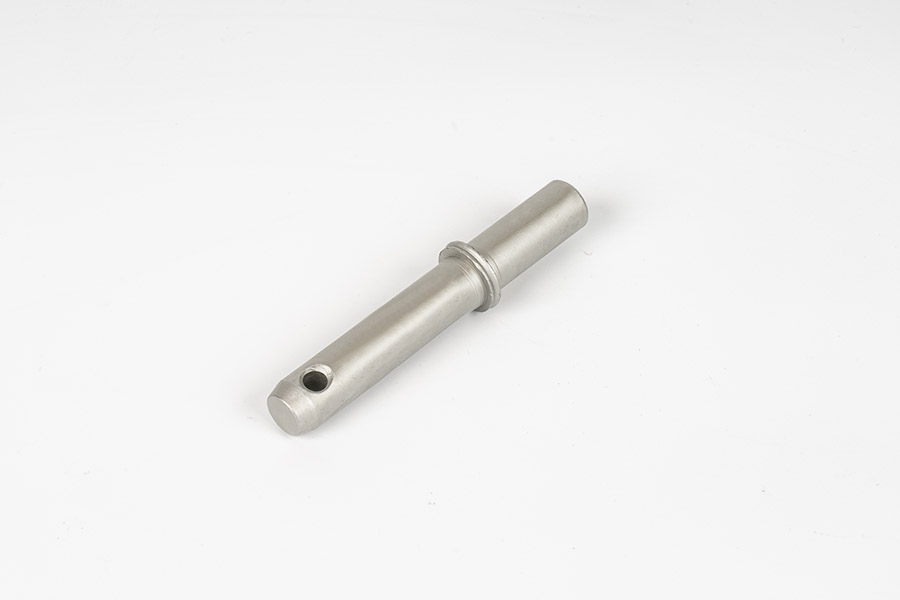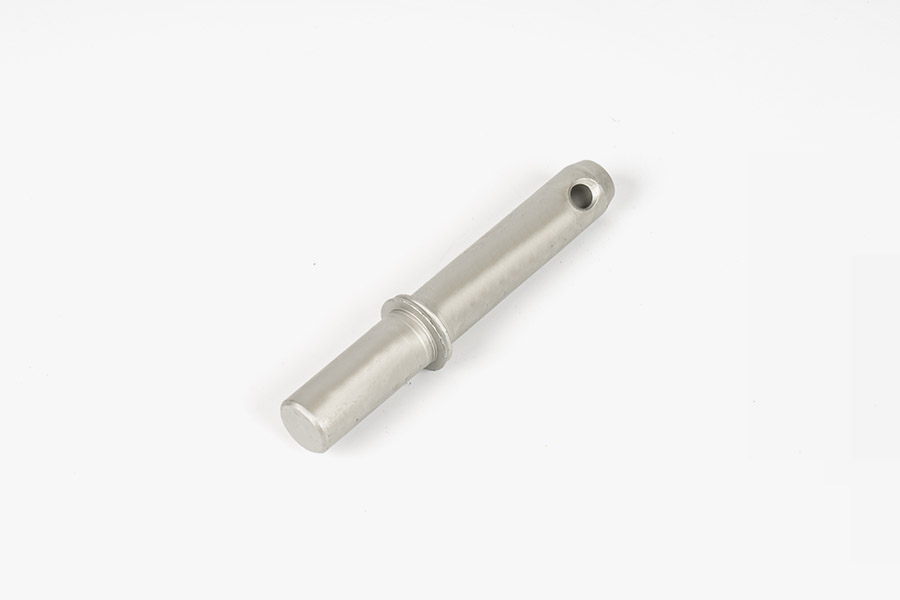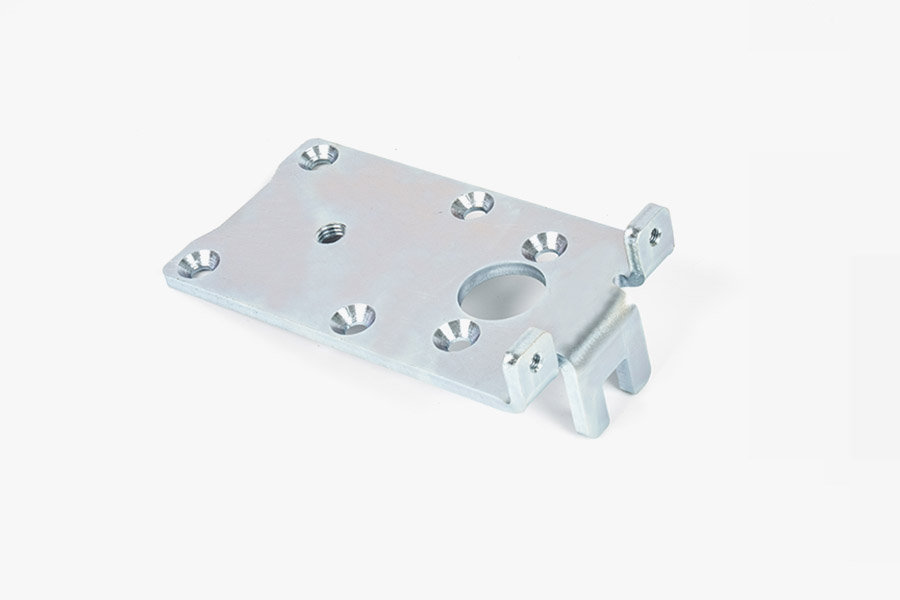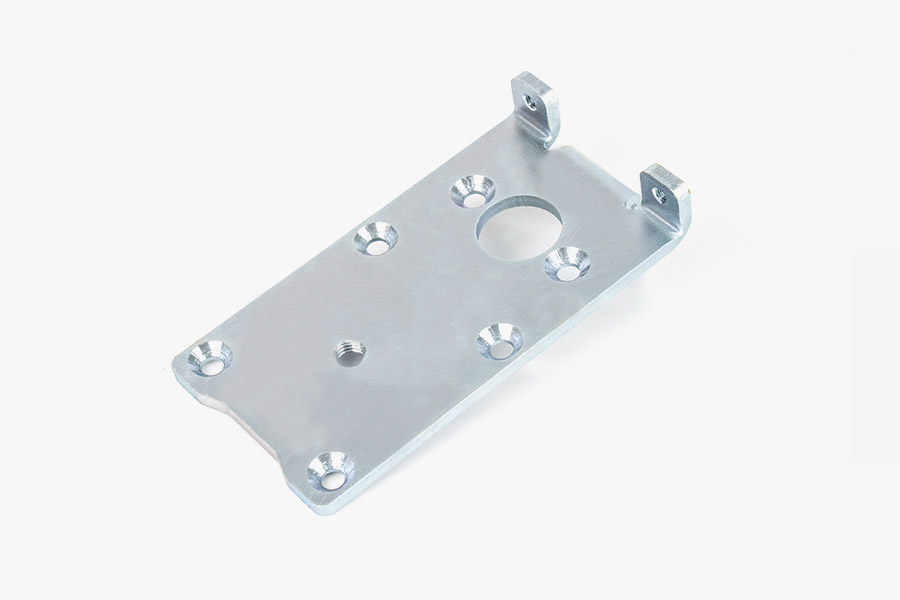How can the company optimize internal thread processing to improve pitch accuracy, thread fit tolerance and surface roughness?
During the internal thread processing, pitch accuracy, thread matching tolerance and surface roughness are important indicators that determine the quality of the processing. Ningbo Mingli Electric Technology Co., Ltd. is committed to using a variety of technical means and process optimization to ensure that these key indicators can be strictly controlled in production and improve the accuracy and reliability of the product. The optimization process not only requires high-precision equipment, but also relies on reasonable process design, fine operation control and strict control of each link.
The company has applied advanced equipment and precise technology in internal thread processing. The processing of internal threads usually involves a variety of methods, including tapping, thread milling, cold extrusion molding, etc. Different processing methods have different advantages and scope of application. By rationally selecting the processing methods, the pitch accuracy and the stability of thread matching tolerance can be ensured. For example, the tapping process ensures the depth and accuracy of the threads, while thread milling can better control tolerances and surface quality when machining larger threads. After choosing the appropriate processing method, the company will also select appropriate tools and cutting parameters according to the characteristics of different materials, such as stainless steel, titanium alloy, etc., so as to reduce tool wear and thermal deformation during the cutting process.
In the process of optimizing internal thread machining, fine tool selection and cutting parameter adjustment are key. The company uses coated tools, such as TiCN and AlCrN coated tools. These coatings have good wear resistance and thermal stability, which can reduce the wear and adhesion of the tool during the processing process and ensure processing quality. In addition, by optimizing cutting parameters, vibration during cutting can be effectively reduced, the workpiece surface can be kept smooth, and the pitch accuracy and matching tolerance of the threads can be ensured. During the machining process, accurate tool path control is also an important means to improve surface roughness and thread accuracy, reducing surface defects caused by machining errors.
In terms of controlling pitch accuracy and thread matching tolerance, the company has also taken strict quality control measures. Through CNC technology and real-time monitoring system, each batch of products can be accurately measured and tested to ensure that they meet predetermined standards. Especially in large-scale production, by using high-precision measuring equipment, the thread pitch, thread matching tolerance and surface roughness can be monitored in real time, and any deviations can be discovered and corrected in a timely manner, thereby avoiding the occurrence of unqualified products. At the same time, the company will conduct multiple quality inspections to ensure the quality stability of each link during the processing process.
To improve surface roughness, the company has taken several measures to optimize the process. During thread processing, the control of surface roughness is very important, especially in applications that require high-precision fit, surface quality directly affects the sealing and durability of the components. The company ensures smooth thread surface and reduces roughness by optimizing processing technology and reducing changes in cutting force. The processed workpiece may also undergo further post-treatment, such as deburring, polishing and other processes. These processes can further improve the surface quality of the threads and ensure the smoothness and sealing of thread fit.
The company focuses on monitoring and data analysis of the processing process. By analyzing the data generated during the processing process, potential quality problems can be discovered in a timely manner and the processing technology can be adjusted. This real-time data feedback mechanism provides strong support for internal thread processing, ensuring that the product can maintain consistency in different batches and avoid quality fluctuations due to equipment or process changes.
Does the company perform additional post-treatment steps after internal thread processing to improve thread surface quality or durability?
In the field of mechanical processing, the quality of the internal thread directly affects the connection performance, sealing effect and overall service life of the parts. In order to improve the surface quality and durability of the threads, Ningbo Mingli Electric Technology Co., Ltd. usually performs a series of post-processing steps according to the product application scenario and customer requirements after completing the conventional internal thread processing. These processes not only help improve the surface integrity and fineness of the threads, but also enhance the wear resistance and corrosion resistance of the parts to a certain extent, thereby improving the stability and reliability of the overall product.
During the internal thread processing, even if high-precision equipment and advanced processing technology have been selected, a small number of burrs, microscopic cracks or other surface defects will inevitably occur. If not handled in time, these minor defects may turn into structural damage during assembly or long-term use. Therefore, companies usually perform special deburring of threaded holes. This process can be done through manual tools, pneumatic equipment or CNC deburring systems to ensure natural transition of threaded edges and avoid bolts stuck or scratching the seal during assembly.
In addition to deburring, the company will also take appropriate thread surface treatment measures depending on the processing materials and use environment. For example, for metal threaded holes with higher requirements, micro polishing or shot peening is often performed. These processes can reduce microscopic surface roughness and improve the consistency of thread contact surfaces, thereby distributing stress more evenly under load and delaying the generation of fatigue cracks. For parts that need to enhance anti-corrosion performance, surface treatment can also include phosphating, electroplating or coating of protective films to adapt to stable operation in humid, acid-base or high-temperature environments.
For threaded parts that are frequently used or carry high stress, the company will also consider applying surface hardening treatment processes, such as nitriding or carbonitrile co-conduction. These heat treatment methods can effectively improve the hardness and wear resistance of the threaded surface without affecting the toughness of the substrate, extend its service life, and reduce thread loosening or failure caused by wear.
When processing non-metallic materials such as engineering plastics, the company focuses more on the thermal deformation control and dimensional stability of the materials. Therefore, after the internal thread is formed, it will be cooled and shaped or other thermal aftertreatment to achieve the required pitch accuracy and dimensional requirements. For some plastic parts, it is also possible to enhance the durability of the connection parts by adding internal threaded metal inserts, especially for applications where frequent disassembly and assembly are required.
The company also focuses on maintaining the consistency and repeatability of each process during the post-processing process. By formulating standardized operating procedures and introducing quality inspection links, we ensure that the thread surface quality of each product reaches a controllable range. Inspection items usually include threaded gauges inspection, surface roughness testing, hardness testing, etc. to ensure that the product has good assembly performance and stability of use before leaving the factory.
Ningbo Mingli Electric Technology Co., Ltd. has effectively improved the surface quality and product durability after internal thread processing through a series of post-treatment process measures. These processes are not only an extended control of processing quality, but also a reflection of the company's responsibility to customers.

 Eng
Eng  中文简体
中文简体
